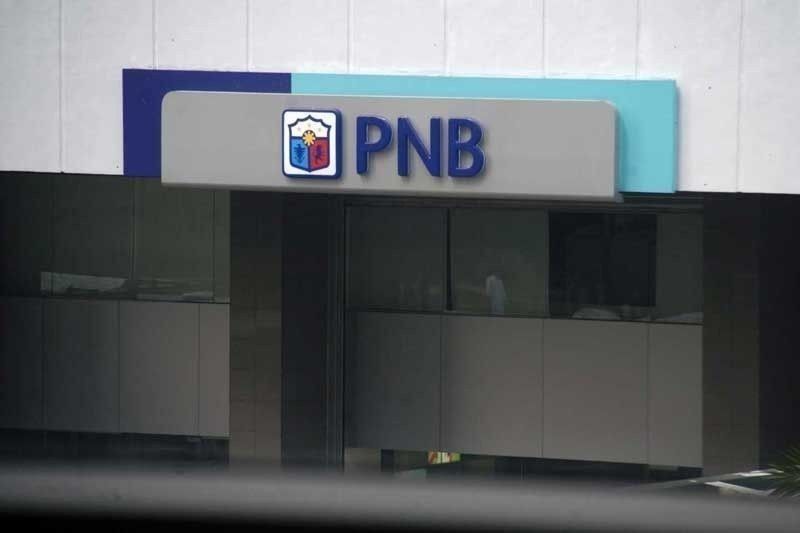PNB turns in P2.5 billion income

MANILA, Philippines — Philippine National Bank (PNB) recovered in the third quarter as earnings inched up by 2.9 percent to P2.51 billion from P2.44 billion in the same quarter last year as provision for potential losses arising from the impact of the global health crisis started to taper off.
In a disclosure to the Philippine Stock Exchange, PNB reported a five percent decline in provision for impairment, credit and other losses to P587.34 million from July to September this year compared to last year’s P618.11 million.
The bank’s net interest income was steady at P8.68 billion from P8.69 billion, while net service fees and commission fell 14.7 percent to P856.66 million from P1 billion due to lower transactional volumes and waiver of fees on interbank transfers
Other income fell 10 percent to P877.45 million from P975.89 million due to the 76.7 percent plunge in net gains on sale or exchange of assets to P94.22 million from P404.93 million.
During the quarter, PNB’s trading gains more than tripled to P193.78 million from P62.41 million, while foreign exchange gains surged 44 percent to P275.59 million from P191.73 million.
Total operating expenses of the country’s fifth largest lender owned by the tobacco and airline magnate recorded a 3.5 percent decline in total operating expenses to P7.18 billion from P7.44 billion due to the lower provision for potential bad loans.
PNB boosted its war chest against the impact of the COVID-19 pandemic, allocating P9.03 billion for possible loan losses from January to September, or six times last year’s P1.43 billion.
PNB president and chief executive officer Jose Arnulfo Veloso said it continues to proactively work with its customers and other stakeholders to mitigate the impact of the pandemic to its loan portfolio and other credit exposures.
“We look forward to seeing greater opportunities for PNB to help support our customers as they navigate through the pandemic. We continue to enhance our capabilities so that we are able to play a more active role in rebuilding the economy,” he said.
When the COVID-19 outbreak started to impact businesses in March this year, PNB took a pre-emptive approach on its loan provisioning and started building loan loss reserves in anticipation of the increase in non-performing loans from borrowers who were affected by the pandemic. – Lawrence Agcaoili
Due to the recognition of the anticipatory loan impairment provisions, the bank’s net income fell 39 percent to P3.9 billion from January to September compared to P6.4 billion in the same period last year.
Its operating profit, before credit provisions and taxes, of P14.1 billion during the nine-month period was 42 percent higher than the same period last year, spurred by sustained growth in its core banking activities.
“Our performance this quarter continues to show improvements in core income despite the Bank’s prudent approach in asset deployment amidst the difficult operating environment. Our strategies, backed by a strong franchise and loyal customer base helped the Bank adapt to the pandemic conditions,” Veloso added.
From January to September, PNB’s net interest income increased by 12 percent to P26.2 billion from P23.4 billion, driven by lower funding costs due to the stable growth in low cost deposits combined with the significant reduction in levels of high-cost deposits, while non-interest
During the nine-month period, the bank’s trading gains tripled to P3.36 billion from P1.03 billion as it took advantage of favorable market opportunities during most part of the year.
PNB’s operating expenses jumped 35.8 percent to P29.03 billion from P21.37 billion due to additional provision for potential loan losses in anticipation of the impact of the pandemic on its loan portfolio.
It booked a capital adequacy ratio (CAR) of 16.4 percent and a common equity tier 1 (CET-1) ratio of 15.67 percent, well above the minimum 10 percent regulatory requirement set by the Bangko Sentral ng Pilipinas (BSP).
- Latest
- Trending































